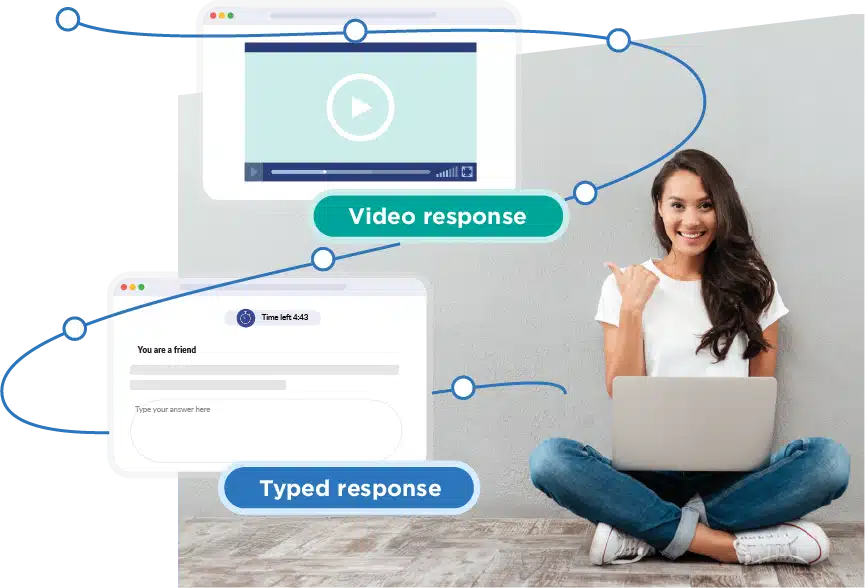Find future engineers who have the human skills to tackle complex problems
The world is rapidly changing – the problems engineers face are increasingly complex. Integrating the Casper Situational Judgment Test (SJT) in your admissions process can help you identify applicants with the potential and skills to become successful graduates and engineering leaders of tomorrow.

Powerful professional skills for engineering education

Predict success
Improve student success and retention. Find applicants with human skills like problem-solving, collaboration, communication, resilience, and empathy, which are critical for in-program and professional success.

Widen admissions pathways
Take a holistic view of your applicants – look beyond academic grades and open opportunities for a broader pool of applicants who might otherwise be overlooked. Create engineering leaders who reflect the communities for whom they build solutions.

Optimize admissions
Reduce the burden on your admissions team. Save time and resources by selecting the best candidates early in the admissions process, using defensible, holistic data that’s more reliable than personal statements or reference letters.

Measure human skills and professionalism
Backed by 20 years of research, Casper is the most widely used situational judgment test in higher education admissions. Casper presents applicants with scenarios and questions that allow them to demonstrate non-cognitive skills and the extent to which they can respond to challenging scenarios in a professional and socially intelligent manner, by using their unique life experiences.
- Evaluates what an applicant would do — and why — in personal and professional dilemmas
- Open-response format allows applicants to provide reasoning behind their choices
- Applicants take their tests online and responses are typed and video recorded to increase fairness
- Scored by human raters who have undergone rigorous training
Support student success
Identify and select applicants with high potential to thrive in their programs who then go on to succeed in the engineering profession.
Higher Casper scores are associated with:
- Students receiving better employee evaluations in co-op placements and internships
- Better instances of interview selection, interview performance, and program acceptance
- Decreased incidences of non-professional complaints by up to 50%

Trusted by 600+ Higher Education partners worldwide









Widening Pathways to the Engineering Pro…
The engineering field faces challenges related to a need for more varied viewpoints and lived…

Elevating Professional Skills in Enginee…
In today’s competitive landscape, technical prowess alone is not sufficient for success in engineering careers….

How Acuity Built An Ethical AI Framework…
In this episode of the Holistic Success Show, Dr. Kelly Dore and Dr. Rodica Ivan,…
We want a deeper understanding of each student’s accomplishments, skills, and lived experiences, and Casper gives us that much-needed insight. By adopting Casper into our admissions process, we are creating opportunities for future engineering leaders who reflect the communities for whom they will build solutions.
Craig Miller, Assistant Dean, First Year Studies Faculty of Engineering at Western University
